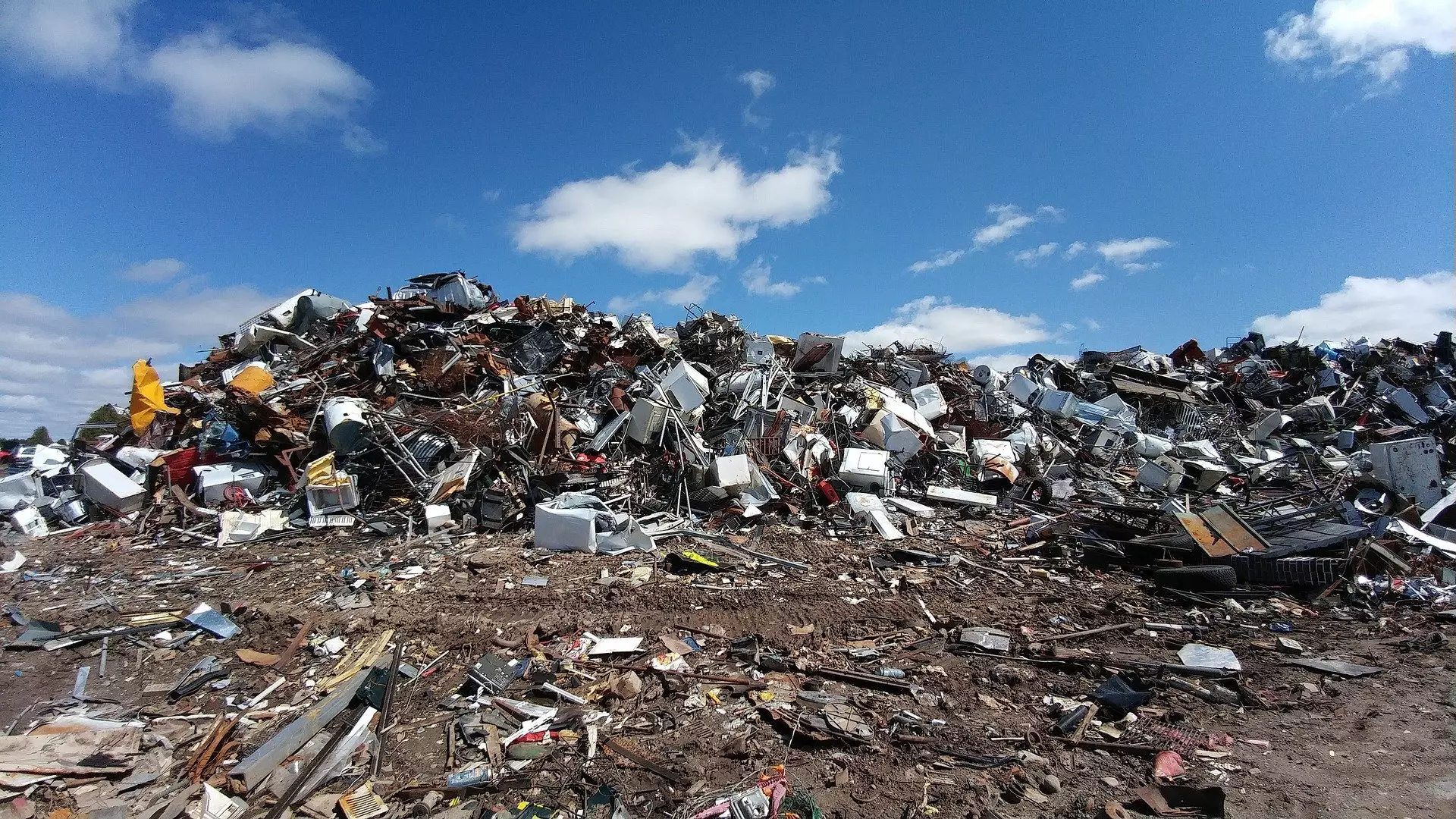As the world continues to grapple with the impacts of climate change, one of the major culprits, methane emissions, remains a pressing issue. Despite the global methane pledge to reduce emissions by 30% in the current decade, new research reveals that methane emissions have actually been increasing at an alarming rate over the past five years. This concerning trend, highlighted in a recent perspective article in Environmental Research Letters, underscores the urgent need for immediate action to curb methane emissions and mitigate their impact on our climate.
Methane, a powerful greenhouse gas, is known for its potency in heating the atmosphere – nearly 90 times faster than carbon dioxide within the first 20 years of its release. While methane originates from both natural sources such as wetlands and anthropogenic sources like agriculture, fossil fuels, and landfills, the majority of the emissions are attributed to human activities. The exponential growth of methane emissions, particularly from sectors like coal mining, oil and gas production, cattle ranching, and waste decomposition, poses a significant risk to our climate stability.
The sobering reality is that the current trajectory of methane emissions puts us on a path towards a catastrophic 3-degree Celsius or 5-degree Fahrenheit global warming by the end of the century. Despite increased policy focus on methane emissions, the total annual emissions have surged by 20% in the past two decades, with only a handful of regions showing a downward trend. The European Union and Australia stand out as exceptions, with the largest increases observed in China and southeast Asia. This disparity underscores the pressing need for international cooperation in addressing the global methane crisis.
The unforeseen disruption caused by the COVID-19 pandemic in 2020 had temporary effects on methane emissions. The lockdown restrictions led to a reduction in transport-related emissions of nitrogen oxides, which in turn, contributed to a decline in atmospheric methane concentrations. However, the complex interplay between air quality and climate change highlights the interconnected nature of environmental factors. As we strive to comprehend the full implications of the pandemic on global methane levels, it is evident that concerted efforts are essential to steer towards a more sustainable future.
The Global Carbon Project scientists have recently revised their accounting of global methane sources and sinks, recognizing the need to assess the human-induced emissions more accurately. Previous assessments often categorized all methane from natural sources without considering the human influences, such as reservoirs and land use changes. The latest estimates shed light on the growing impact of anthropogenic activities on methane emissions, emphasizing the importance of accounting for these factors in future climate mitigation strategies.
The mounting levels of methane emissions pose a critical threat to our planet’s climate stability. The alarming increase in methane concentrations, coupled with the failure to meet emission reduction targets, demands immediate and decisive action from policymakers, industries, and individuals worldwide. As we navigate the complexities of the global methane crisis, it is imperative to prioritize sustainable practices, reduce reliance on fossil fuels, and invest in renewable energy sources to mitigate the impact of methane emissions on our environment. Only through collective efforts and unwavering commitment can we hope to address the pressing challenge of methane emissions and safeguard the future of our planet.


Leave a Reply